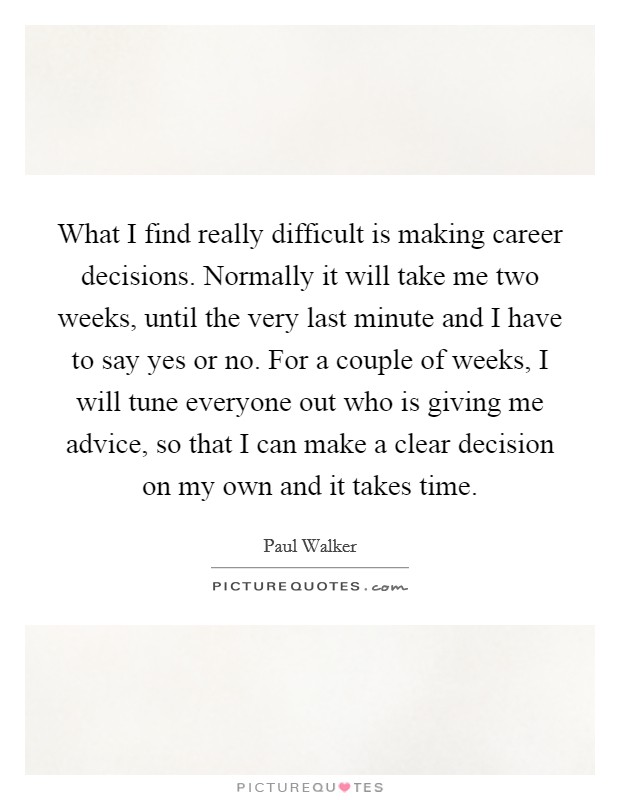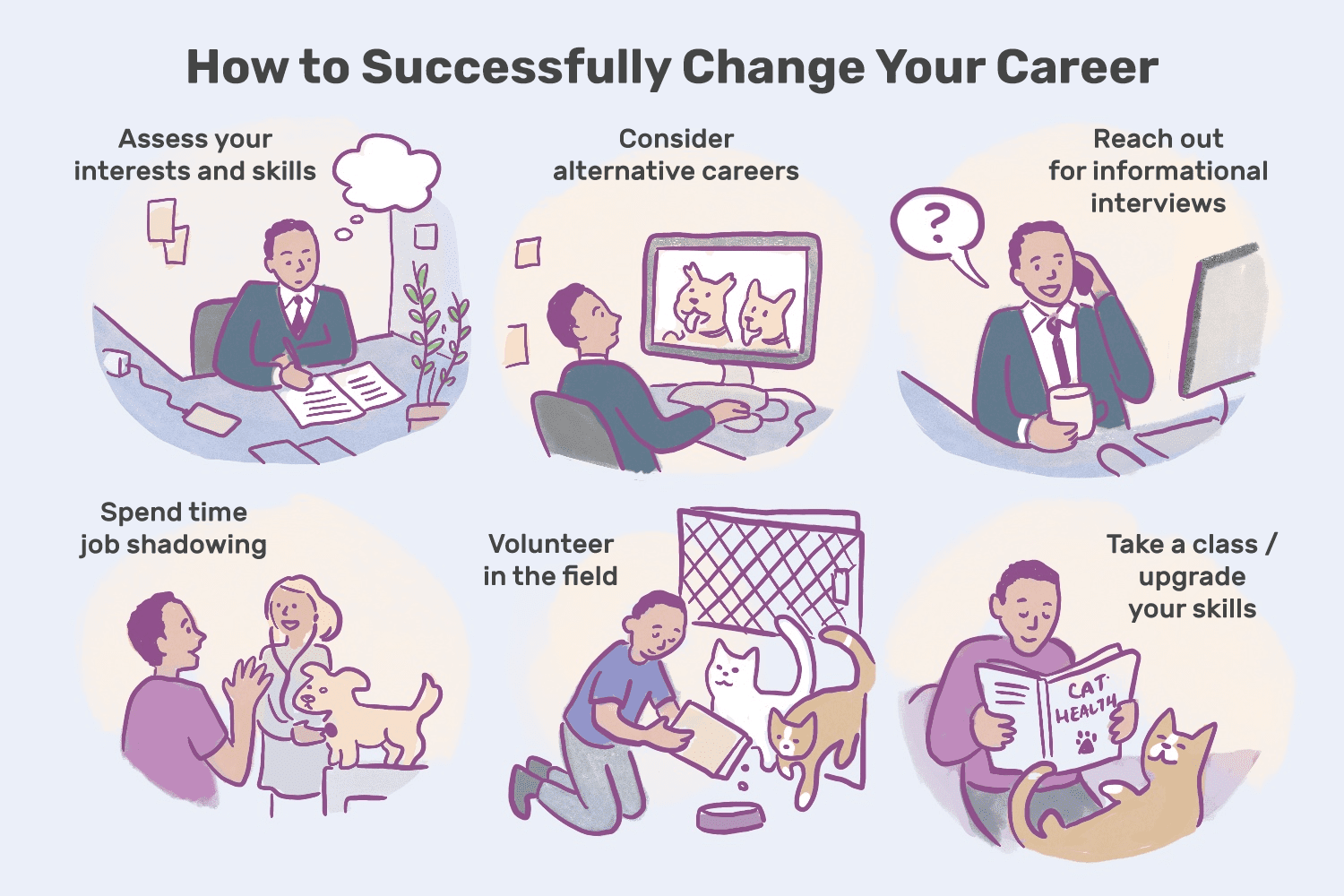
Career development is a lifelong process of learning and skills. Employers and employees share the responsibility. Career development involves balancing personal needs with career progression opportunities. It also strives to boost employee motivation. Both employers and employees should encourage it early in life. You can take it in many different ways, but they all have the same benefit.
Career development is an ongoing process of learning new skills and improving your existing skills.
Career development is a long-term process in which you choose a career and acquire new skills. It may be an inter-organizational endeavor or an intra-organizational one. Career development can be achieved through self-assessment, matching your interests with available options, and/or by pursuing your passions.
Your employer may also facilitate career development. Employers can offer training opportunities and education to help employees. Clear goals are essential for career advancement.

It can increase employee motivation
Your employees will be more willing to contribute to the day-today operations of the company if you offer them career opportunities. They are more confident about their abilities and feel more engaged in their job. As a result, they are more dedicated to their work, which will ultimately boost the business's performance.
A career development program can help improve your company’s bottom line. Engaged employees are more productive and less likely than others to quit. It is essential to know what motivates each employee in order to make them more engaged. It is important to understand what drives your employees. Younger workers especially are more engaged when their work aligns with their values. Managers and employees can work together to fine-tune their roles and tasks to better align with their own values and desires.
Employers and employees share this responsibility
Employers, employees and the employers who hire them all share in career development. Employers can provide tools, information, as well as processes to help employees develop their careers. These resources could include skill gap assessments and competency mapping tools. They can also be multi-media tools for on-the go learning or sponsorship of higher education.
While career development is an ongoing process, employees must be involved and take ownership of their professional growth. Managers must identify skill gaps and provide support and motivation. Mentors should be available for employees to help them reach their goals. The role and responsibility of the organization is create a safe and supportive environment for employees and to offer learning opportunities.

It all starts at a young age
It is crucial to get started in career development as a young child. Children as young as five years old often meet people from different professions and are interested in the career they want to pursue. Exploration and experimentation are key ingredients to success. To develop an interest in these areas, young people should be exposed and involved in community-based activities.
Young people often find their passion in the early stages of their career development and approach learning and coursework cautiously. They try different jobs and gain valuable work experience. They may ultimately find a career that they like.